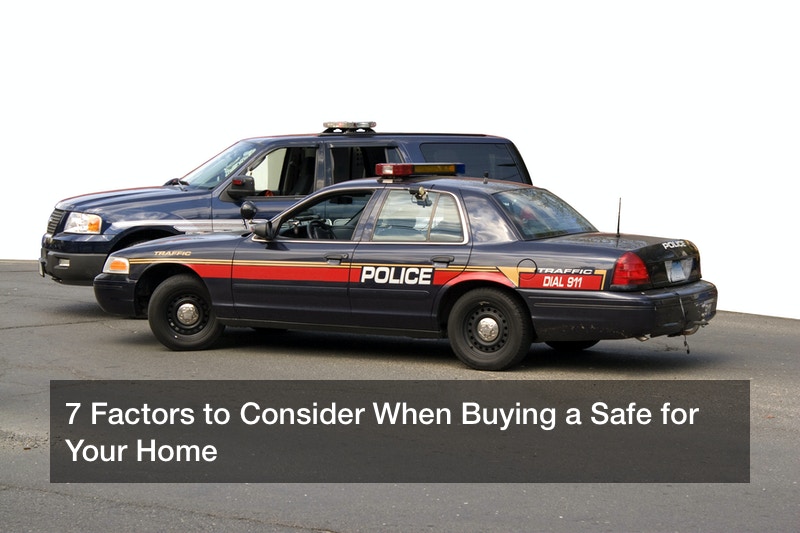
Are you worried about losing your valuables to fires or burglars? Do you have a gun or some sensitive files that you’d like to keep away from your children? If so, then you may need a strong wall or floor safe to store your money, jewelry, guns, files, and other valuables away from fires, burglars, and minors.
This post highlights some of the crucial features that you should consider when buying a home or business safes.
Size
How big should your safe be? The answer is straightforward; your safe should be as big as whatever valuables you intend to keep in it. What do you want to store in your safe? Is it a firearm, some money, or files?
Internal compartments of safes differ in size, but you should always go for a safe with compartments wherein your items can fit well. Heavy and thick-walled safes tend to have less storage volume, but they are safer than their thin-walled versions. As such, always check whether a particular safe has the right amount of space for your items.
Cash Rating
Cash rating denotes the amount of money that an insurance company can cover when held in your safe. The cash rating on valuables is often ten times more than your valuables’ cash value. The combined amount of cash and valuables in a safe make up the total cash rating of your safe. Always consult your insurers and safe vendors to learn more about the cash rating on different safes.
Safe Locking Accessories for Your Safe
Is an electronic fingerprint scanning lock more secure than a dial lock? Will a fire render your safe’s lock inoperable? The three common types of safe locking accessories include electronic locks, mechanical combination locks, and key locks.
Key locks are simple to use, but they can get breached if you lose your key or if someone makes a copy. The electronic locks are the safest, and you can always change the combination.
Fire Protection
Fireproof safes can protect your paper money and files for 30 to 60 minutes. But some safes may offer more fire protection time depending on their mechanism of containing fires. Ideally, you should choose a safe with the longest fire protection time and avoid safes such as the floor safe.
A floor safe lacks a fire rating because their doors are exposed, and they don’t have fire boards to dissipate heat in case of fire. Instead of buying a floor safe, it’s thus advisable to get a free-standing composite fire safe to protect your documents and money.
Safe Location
Where will you locate your safe? If you lack an alarm system, then it’s advisable to install your safe in a place where it can’t be seen or found with ease. For instance, instead of buying a free-standing composite fire safe, you should go for a floor safe or concealed wall safe.
Safe Anchoring
Why should you anchor your wall or floor safes? A floor safe or wall safe can be dug out of the wall or floor and carried away to a secure place where burglars will have enough time to open it. As such, it’s advisable to anchor your safe into the wall or floor to prevent or at least delay any burglars who may want to dig it out. Many safes have anchor holes with some simple anchors that can secure your safe to the wall or floor.
Door Construction
Your safe should have a thick wall, which can’t be pried open with ease by burglars. It should also have some dust cover to cover its locking mechanism and protect it from dust and scratches when you conceal it using carpets, floor mats, or wall hangings.
An estimated 1.69 million children in U.S homes live with loaded and unsecured firearms, which are within their reach. If you’re a parent with such guns, valuables, and money, then you should consider buying a home or business safe to secure these items. Take a careful look at the factors cited in this post before deciding to buy any safe, and you’ll get the best safe for your home or business.
